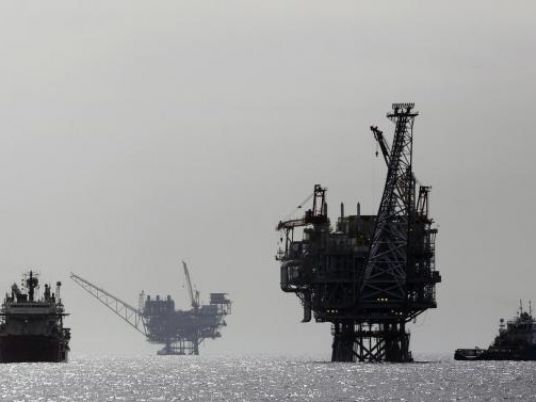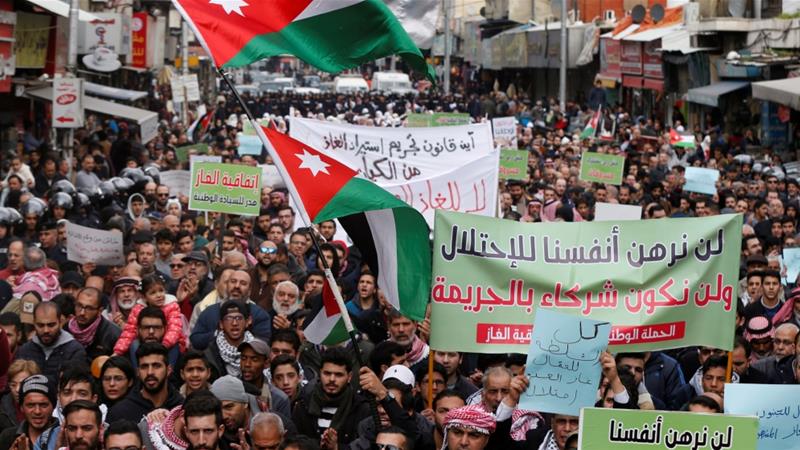
Egypt set three conditions to allow the import of Israeli gas: officials must receive permission from state and the gas must fulfill added value to Egyptian economy as well as to Egyptian companies, said Hamdy Abdel Aziz, official spokesman of the Petroleum Ministry.
The partners in Israel's offshore Tamar gas field said on Sunday they are negotiating the sale of at least 5 billion cubic metres (bcm) of gas over three years to private customers in Egypt via an old pipeline built to send gas in the other direction, Reuters reported.
"The memorandum of understanding with Dolphinus is another important link in the series of agreements that will allow the supply of natural gas to the domestic market in Egypt," Gideon Tadmor, chief executive of Delek subsidiary Avner Oil Exploration, told Reuters
He continued: "I have no doubt these agreements will lead to a strengthening of ties between Israel and its neighbors."
Abdel Aziz downplayed Tadmor's comments, saying the memorandum was merely a "letter of intent" between the two companies. "[It's] like my address intentions, which were signed by Union Fenosa Spanish giants with the American company Noble and its partners in the Tamar field Lobby Ji English with partners in the Leviathan gas field," he said.
The gas would pass through an underwater pipeline constructed nearly a decade ago by East Mediterranean Gas (EMG), the company that oversaw a now-defunct Egyptian-Israeli natural gas deal.
Any deal would be subject to various approvals in Israel, Egypt and from EMG.
Noble Energy and Union Fenosa Gas announced a letter of intent for the export of Tamar natural Gas to existing Liquefaction Natural Gas facilities (LNG) in Egypt on 5 May.
The letter of intent indicated that the contract would last for 15 years and a total gross sales quantity of up to 2.5 trillion cubic feet (Tcf) of natural gas, approximately 440 million cubic feet per day over the period, Noble Energy announced.
The letter said that prices of sold gas will be similar to contract prices in sales and purchase agreements for regional export sales from Israel and is directly linked to Brent oil prices. All parties aim to finalize a binding agreement within six months yet this will be subject to regulatory approvals in Egypt and Israel.
The deal was not welcomed by many Egyptians due to claims that Israel buys the gas at below-market rates, seen as an example of the corrupt deals made under former President Hosni Mubarak.
In April 2012, Egypt’s state-run gas company terminated a controversial natural gas deal with Israel.
The Egyptian Cabinet earlier denied in May 2014 the import of gas from Israel and referred to the news as “rumors” spread by different newspapers and media.


